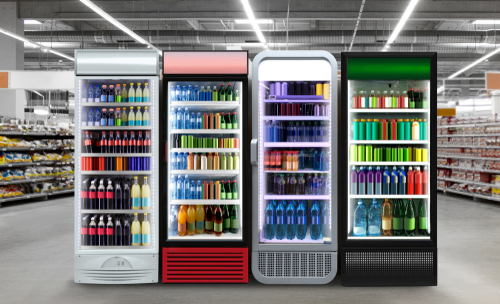In the UK, the government is looking to dictate the number of calories that supermarkets can offer in prepared food. But here in the states, voters think the nanny state has pushed too far.
In June, a rare bout of sensible policy came out of Sacramento, where the California governor signed a ban on new local soda taxes in the state through 2030. When that happened, we hailed it as a victory for soda lovers and, more generally, those who are tired of everything getting slapped with taxes these days.
This past election day, voters in the state of Washington approved a similar measure, banning cities from imposing new grocery taxes. Consumers in Washington can rest a little easier knowing they will be able to keep more money and not have local governments arbitrarily taking additional money from their residents over buying something as widespread as root beer.
However, there is still room for some real progress on the west coast as voters in Oregon rejected an initiative that would ban new taxes on soda.
Soda taxes and the like are a result of a nanny state, which claims to know what the healthiest options are for consumers. To be sure, you would be hard-pressed to find a sane person who recommends drinking nothing but massive quantities of soda. Just as nobody would recommend stuffing your face with fistfuls of chocolate at every meal.
The key is balance and moderation. Our governments, from the local to the federal level, should trust the citizenry to make their own choices.
A can of soda with lunch every now and then isn’t going to trample on public health. So there’s no reason to use the tax system to shakedown or punish those consumers.
California and Washington realized this as a problem and decided to stop the nanny state laws before they grew too monstrous. That deserves commendation.
There’s still work to be done. While there won’t be any new soda taxes in California and Washington, the ones previously enacted will stay in place—for now. Other states and localities should take note, before the nanny state grows in their area.





